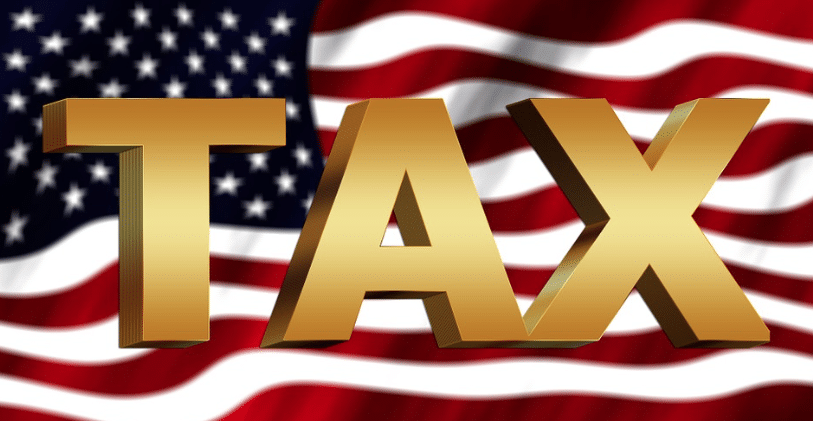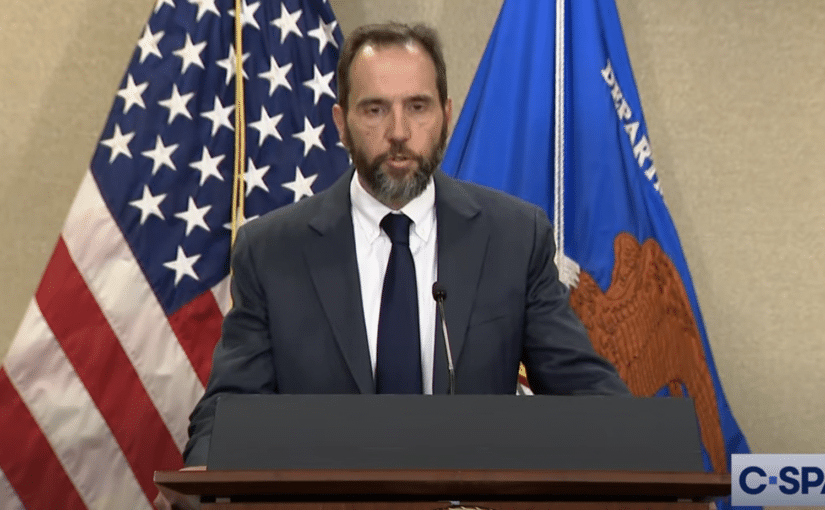by Barbara Nevins Taylor
When I think about tax preparers and fraud, I always remember a soft-spoken man who ran a storefront operation in East Orange, New Jersey. He and his team helped people prepare their tax returns. People trusted him. They told me about the big refunds he helped them get. But he also opened them up to prosecution for fraud.
Because of people like him, the IRS has issued an alert this year warning you to make sure no one involves you in a scam and falsifies income on your returns.
IRS Commissioner John Koskinen said, “Taxpayers should not falsify their income or other information on their tax returns to improperly claim tax credits. Misrepresenting facts is cheating and taxpayers are legally responsible for all the information reported on their tax returns.”
That means if you can face criminal prosecution and have to repay money that you received.
In the New Jersey case, a college student called me to blow the whistle. He said the preparer had listed 3 dependents on his tax return form. The 19-year-old worked at fast food restaurant and had no children or any other dependents. Yet the preparer claimed that with the dependents, the student was entitled to a refund under the Earned Income Tax Credit (EITC). He told the student the refund should come to his office and would serve as his payment.
Eventually, prosecutors went after the preparer and he went to prison. The student was not prosecuted.
But the scheme goes on, and that’s why the IRS urges you to choose your tax preparer carefully and offers the following tips:
1. Avoid fly-by-night preparers.
2. Use the IRS Directory of Federal Tax Return Preparers with Credentials and Select Qualifications. This tool can help you find a qualified tax return preparer and it allows you locate them by zip code and profession like CPA, lawyer or enrolled agent.
3. Check the preparer’s history. Ask the Better Business Bureau about the preparer.
4. Check for disciplinary actions and the license status for credentialed preparers.
5. For CPAs, check with the State Board of Accountancy.
6. For attorneys, check with the State Bar Association.
7. For Enrolled Agents, go to IRS.gov and search for “verify enrolled agent status” or check the Directory.
8. Ask about service fees. Preparers are not allowed to base fees on a percentage of their client’s refund.
9. Avoid those who boast bigger refunds than their competition.
10. Make sure that your refund goes directly to you – not into your preparer’s bank account.
11. Ask to e-file your return. Make sure your preparer offers IRS e-file. Paid preparers who do taxes for more than 10 clients generally must offer electronic filing. The IRS has processed more than 1.5 billion e-filed tax returns. It’s the safest and most accurate way to file a return.
12. Provide records and receipts. Good preparers will ask to see your records and receipts. They’ll ask questions to determine your total income, deductions, tax credits and other items.
13. Do not rely on a preparer who is willing to e-file your return using your last pay stub instead of your Form W-2. This is against IRS e-file rules.
14. Make sure the preparer is available. In the event questions come up about your tax return, you may need to contact your preparer after the return is filed.



